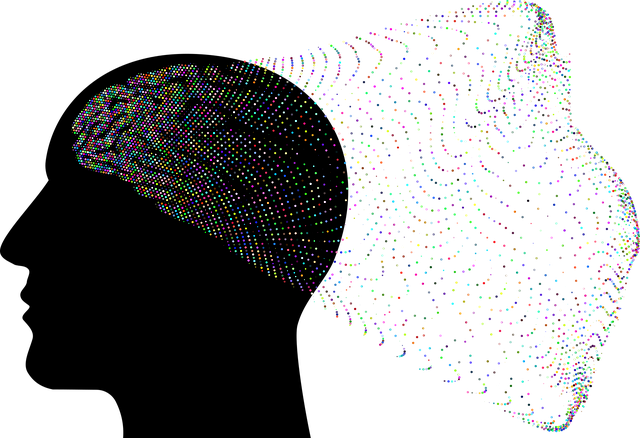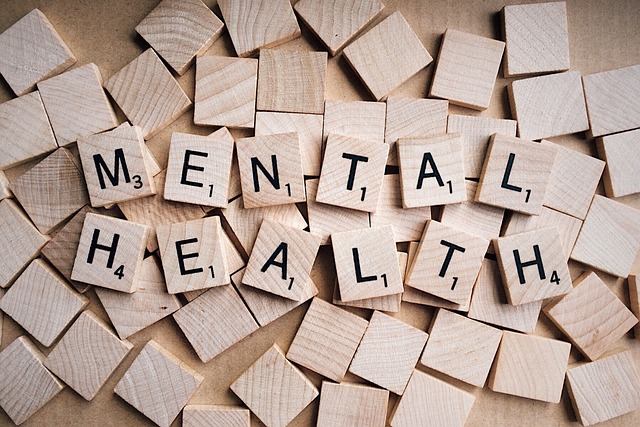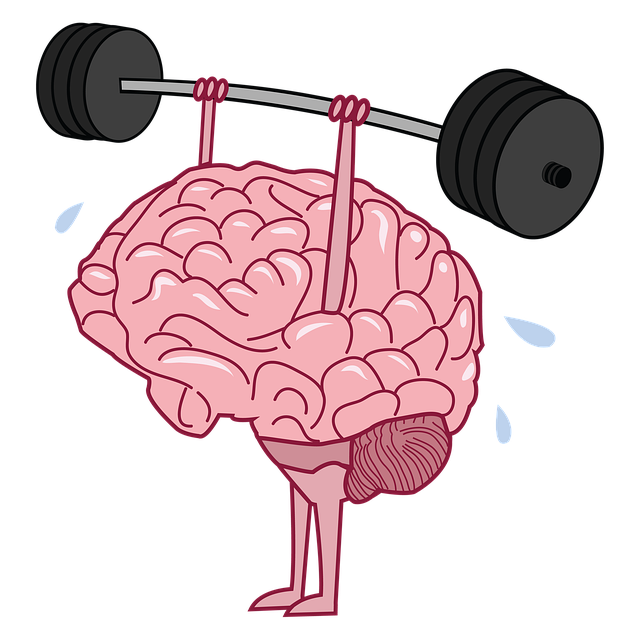Social Skills Training (SST) is a powerful therapeutic tool that enhances interpersonal interactions, aiding individuals with anxiety, depression, or trauma in improving their social functioning. In Wheat Ridge, specialized therapy programs like Wheat Ridge Couples Communication Issues Therapy focus on active listening, non-verbal cues, and conflict resolution skills to strengthen relationships and improve mental wellness. These programs, incorporating cultural competency training, benefit both partners and equip them with tools for personal growth. Developing these skills can significantly reduce relationship strain and associated mental health symptoms, leading to enhanced interpersonal interactions and overall mental wellness. Integrating SST into treatment plans for Wheat Ridge Couples Communication Issues Therapy is a proactive strategy that enhances social interactions, risk management, and positive outcomes.
Social skills training is a powerful tool in addressing mental health conditions, offering a cornerstone for enhancing well-being. This comprehensive guide explores how such training can transform lives, focusing on the unique challenges faced by couples navigating communication issues in Wheat Ridge. We delve into effective therapy strategies and the profound impact of developing social skills on various mental health disorders. Additionally, practical tips are provided to help professionals integrate this approach into treatment plans.
- Understanding Social Skills Training: A Cornerstone for Mental Well-being
- Wheat Ridge Couples Communication Issues: Unlocking Effective Therapy Strategies
- The Impact of Social Skills Development on Mental Health Conditions
- Practical Tips for Integrating Social Skills Training into Treatment Plans
Understanding Social Skills Training: A Cornerstone for Mental Well-being

Social Skills Training (SST) is a therapeutic intervention designed to help individuals navigate and improve their interactions with others. It’s a cornerstone for mental health, especially for those dealing with conditions that impact social functioning, such as anxiety disorders, depression, or trauma. Through role-playing, group discussions, and learning effective communication techniques, SST equips participants with the tools to understand social cues, build relationships, and manage interpersonal conflicts. This is particularly relevant in scenarios like Wheat Ridge Couples Communication Issues Therapy, where couples work on improving their connection and understanding.
Beyond mental health settings, healthcare providers can greatly benefit from SST. Incorporating Healthcare Provider Cultural Competency Training into their professional development fosters better patient interactions and care. By learning to navigate cultural differences and unconscious biases, healthcare providers can prevent burnout prevention strategies for healthcare providers, reduce stress management workshops organization within their practices, and ultimately enhance the overall well-being of both patients and themselves.
Wheat Ridge Couples Communication Issues: Unlocking Effective Therapy Strategies

In many cases, mental health conditions can impact a couple’s ability to communicate effectively, leading to misunderstandings and strained relationships. Wheat Ridge, known for its thriving healthcare community, offers specialized therapy programs tailored to address these unique challenges. These strategies often focus on improving active listening, non-verbal cues, and conflict resolution skills, which are essential tools in any relationship but can be particularly beneficial for those navigating mental health struggles.
The process involves a collaborative approach where both individuals learn and practice new communication techniques. This includes recognizing triggers, managing emotions during conversations, and fostering an environment of empathy and support. With the help of trained therapists, couples can enhance their connection, improve overall mental wellness, and develop meaningful strategies that incorporate cultural competency training, ensuring they receive care that respects and understands their diverse backgrounds. Mental wellness coaching programs like these not only benefit the couple but also equip them with valuable tools for personal growth and relationship maintenance.
The Impact of Social Skills Development on Mental Health Conditions

Developing social skills can significantly impact individuals with mental health conditions, offering a path to improved well-being and enhanced relationships. In Wheat Ridge Couples Communication Issues Therapy, for instance, fostering better communication techniques is key. When couples learn effective conflict resolution strategies, they can navigate disagreements more constructively, reducing the strain on their relationship and potentially alleviating associated mental health symptoms.
This process goes beyond mere conversation; it involves mastering emotional regulation, a crucial aspect of mental wellness. By learning to manage moods and control impulsive reactions, individuals can create healthier social dynamics. Such skills not only improve interpersonal interactions but also empower individuals to better cope with stressors, leading to overall improved mental health and stronger support systems.
Practical Tips for Integrating Social Skills Training into Treatment Plans

Integrating social skills training into treatment plans is a proactive approach that can significantly enhance the outcomes for individuals dealing with mental health conditions, including anxiety and communication issues in Wheat Ridge Couples Therapy. Mental health professionals play a pivotal role in equipping their clients with practical tools to navigate social interactions successfully. Here are some effective strategies:
Start by assessing the individual’s current social functioning and identifying specific areas of difficulty. Personalized goals can then be set, focusing on skills like active listening, non-verbal communication, and conflict resolution. Role-playing exercises can make this process engaging and interactive, allowing clients to practice new behaviors in a safe environment. Additionally, group therapy sessions can provide real-time feedback and encouragement, fostering a sense of community and shared learning experiences. Incorporating these techniques into treatment plans not only improves social interactions but also contributes to better risk management planning for mental health professionals by reducing potential triggers and promoting positive outcomes.
Social skills training, as a cornerstone for mental well-being, has proven effective in managing various mental health conditions. As highlighted in the case of Wheat Ridge couples communication issues, targeted therapy strategies can significantly enhance relationships and overall mental health. By integrating social skills development into treatment plans, professionals can empower individuals to navigate social interactions with confidence, fostering better connections and improved mental resilience. These strategies, when tailored to individual needs, offer a promising path towards recovery and enhanced quality of life.














